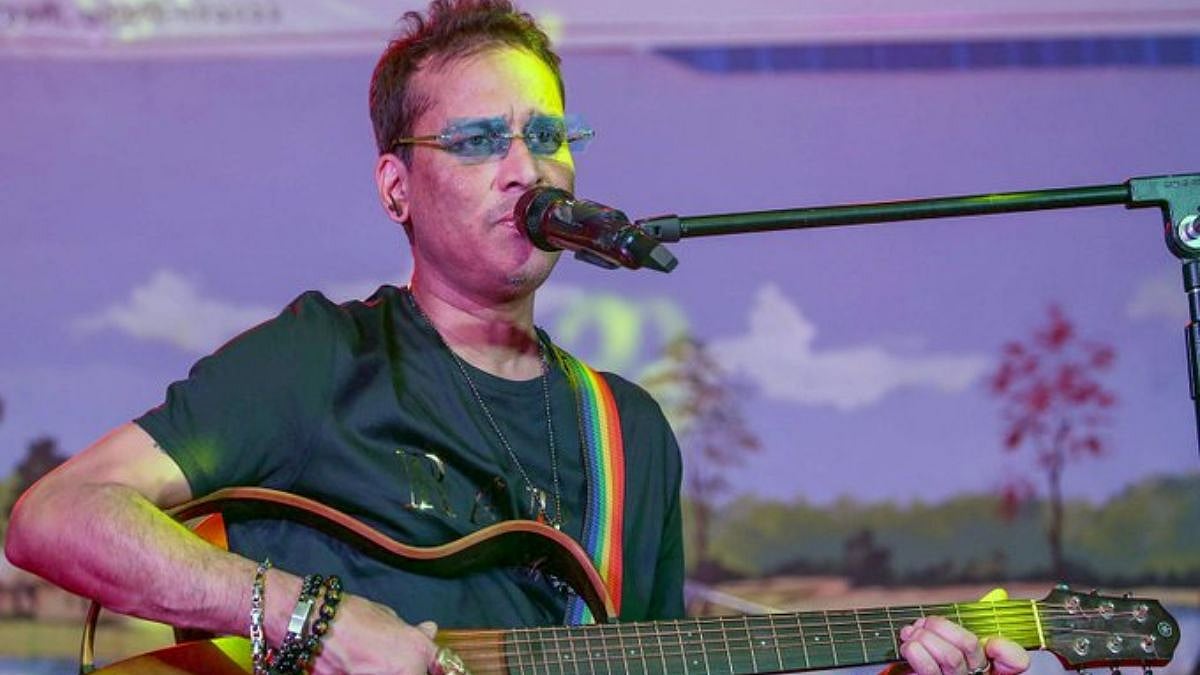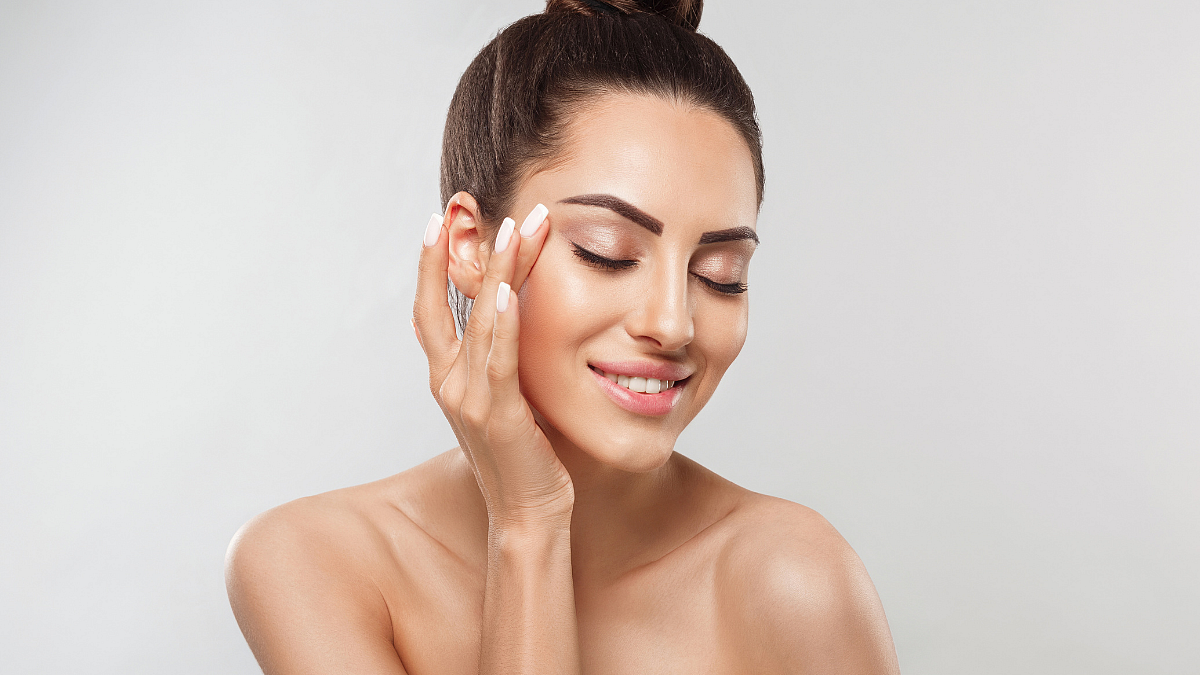Hiccups can be so irritating, most of us would have encountered at least one situation when you began hiccupping and just couldn’t stop, be it in front of guests at home, or colleagues at work. And although the incessant nagging in your throat eventually ceases, these instances can be embarrassing and even affect your performance at the workplace or interfere with your daily life.
Hiccups may result from a large meal, alcoholic or carbonated beverages or sudden excitement. In some cases, hiccups may be a sign of an underlying medical condition. For most people, a bout of hiccups usually lasts only a few minutes. Rarely, hiccups may persist for months. This can result in weight loss and exhaustion.
Hiccups are involuntary contractions of the diaphragm — the muscle that separates your chest from your abdomen and plays an important role in breathing. Each contraction is followed by a sudden closure of your vocal cords, which produces the characteristic “hic” sound. Hiccupping is a symptom. It may sometimes be accompanied by a slight tightening sensation in your chest, abdomen or throat.
Hiccups rarely last more than 48 hours. Those that last longer may be caused by a variety of factors, which can be grouped into the following categories.
Nerve damage or irritation
A cause of long-term hiccups is damage to or irritation of the vagus nerves or phrenic nerves, which serve the diaphragm muscle. Factors that may cause damage or irritation to these nerves include: Hair or something else in your ear touching your eardrum. A tumour, cyst or goiter in your neck. Gastroesophageal reflux and sore throat or laryngitis
Natural therapy involving pressure points to stop hiccups:
Applying pressure on certain areas of your body that are particularly sensitive to pressure points may help to ease hiccups by relaxing the diaphragm or stimulating vagus or phrenic nerves.
Pressure on diaphragm
The diaphragm separates the abdomen from the lungs. With your hand, apply pressure to the region just below the end of the sternum to get respite from hiccups
Pressure on the hand
With your thumb apply pressure to the palm of your other hand.
Acupressure treatment: Primary points P 6, CV 12, 14, St 36, UB 17, CV 22, Liv 3, St 44 and CV 14. Paste methi seeds with porous medical tape.
Add for other symptoms: White moist coat on the tongue – Slow pulse CV 13, CV 17, Liv 2, St 25 and 44.
Hiccup are abnormal physiological behavior activated by the air movement, it happen when a person’s intake of air becomes momentarily blocked. It can happen for no apparent reason. Functional belching results from venting of excessive gas from stomach and it is often accompanied with gastro esophageal reflux disease It belongs to one of the functional gastrointestinal disorders. In contrast, hiccup is the sudden onset of erratic diaphragmatic and intercostal muscular myoclonus which are followed immediately by laryngeal closure, hence the abrupt air rush into lungs induces the vocal cords to close. Hiccup occurrence is not only confined to the adults but also observed among the infants and children.
It is usually a self-limited disorder meaning many episodes would subside spontaneously without any clinical significance. The self-limited hiccup is believed to be induced by the rapid stomach distension and irritation in terms of overeating, eating too fast, ingesting spicy food, drinking carbonated drinks, aerophobia and sudden change in ingested food temperature (e.g., hot or cold drinks, a cold water shower, using alcohol and excessive smoking etc.)
Persistent hiccup means episode lasting for 48 hours or more, whereas those longer than 2 months are considered intractable. Severe and prolonged hiccup may lead to exhaustion, fatigue, malnutrition, weight loss, dehydration and even death in the extreme situations. Since hiccup has a neurological reflex arc consisting of peripheral pathways and central midbrain modulation, patients with intractable hiccups are likely to have structural or functional irritation involving the reflex arc.
Unfortunately, there is no guideline available to direct treating these serious disorders effectively. Chlorpromazine is approved by the US Food and Drug Administration as the only drug to treat hiccup until now. However, using chlorpromazine to treat hiccup without correct diagnosis of lesion responsible for hiccup may lead to missing potentially serious conditions that may cause this symptom. Literature suggests that measures ranging from conventional remedies, alternative medicines to emerging therapies may treat hiccups successfully.
Diagnosis
During the physical exam, your doctor may perform a neurological exam to check your:
· Balance and coordination
· Muscle strength and tone
· Reflexes
· Sight and sense of touch
If your doctor suspects an underlying medical condition may be causing your hiccups, he or she may recommend one or more of the following tests.
Laboratory tests
Samples of your blood may be checked for signs of:
· Diabetes
· Infection
· Kidney disease
Imaging tests
These types of tests may be able to detect anatomical abnormalities that may be affecting the vagus nerve, phrenic nerve or diaphragm. Imaging tests may include:
· Chest X-ray
· Computerized tomography (CT)
· Magnetic resonance imaging (MRI)
Endoscopic tests
These procedures utilize a thin, flexible tube containing a tiny camera, which is passed down your throat to check for problems in your esophagus or windpipe.
More Information
· Chest X-rays
· CT scan
· MRI
Treatment
Most cases of hiccups go away on their own without medical treatment.
Lifestyle and home remedies
Although there's no certain way to stop hiccups, if you have a bout of hiccups that lasts longer than a few minutes, the following home remedies may provide relief, although they are unproven:
· Breathe into a paper bag
· Gargle with ice water
· Hold your breath
· Sip cold water
If you have chronic hiccups, lifestyle changes may help:
· Avoid carbonated beverages and gas-producing foods
· Eat smaller meals
Alternative medicine
When long-term hiccups don't respond to other remedies, alternative treatments, such as hypnosis and acupuncture, may be helpful.
Preparing for your appointment
While you may initially consult your family doctor about your persistent hiccups, he or she may refer you to a specialist if you have persistent or severe hiccups.
In infants
Infants may experience hiccups more frequently during or after feeding, as they may swallow food too quickly or overfeed. Hiccups could also be a sign of an infant being full. Therefore, pediatricians typically recommend short feeds with burping breaks.
Hiccups may also occur due to an infant’s breathing and swallowing not yet being in sync. In turn, this can cause an infant to draw breath and swallow, which can produce a hiccup.
Hiccups in infants may also result from changes in stomach temperature. For example, this may be the case if they consume a cold drink then have something warm to eat.
Generally, hiccups tend to be a sign of healthy growth and development. However, frequent hiccups may also result from GERD, which is a common and easily treatable condition in infants.
Hiccups alone are not a sign of reflux. Some other possible symptoms in infants with suspected GERD include:
Crying more frequently
Arching the back excessively during or after feeds
Spitting up more often than usual
Parents and caregivers should consult a pediatrician if they notice that their infant is experiencing several symptoms and suspect that reflux may be causing them.
If you have chronic hiccups, lifestyle changes may help:
· Avoid carbonated beverages and gas-producing foods
· Eat smaller meals
· How to get rid of hiccups
Most cases of hiccups go away after a few minutes or hours with no medical treatment. If they persist, however, a person should contact a doctor. The following tips may help, but their effectiveness remains unclear.
Tips for getting rid of hiccups
The following tips may help get rid of hiccups:
· Sip ice-cold water slowly or gargle with very cold water.
· Hold the breath for a short time, and then breathe out. Do these three or four times every 20 minutes.
· While swallowing, place gentle pressure on the nose.
· Place gentle pressure on the diaphragm.
· Bite on a lemon.
· Swallow some granulated sugar.
· Take a tiny amount of vinegar, just enough to taste.
· Breathe in and out of a paper bag. Never use a plastic bag for this, and never cover the head with the bag.
· Sit down and hug the knees as close to the chest as possible for a short time.
· Lean forward to compress the chest gently.
· Try an alternative remedy, such as acupressure or hypnosis.
· Gently pull on the tongue.
· Rub the eyes.
· Gently touch one finger to the throat and try to trigger a gag reflex.
Many of these tips have been passed down through generations. They may be effective for some people, but there has been little research to support their use.









